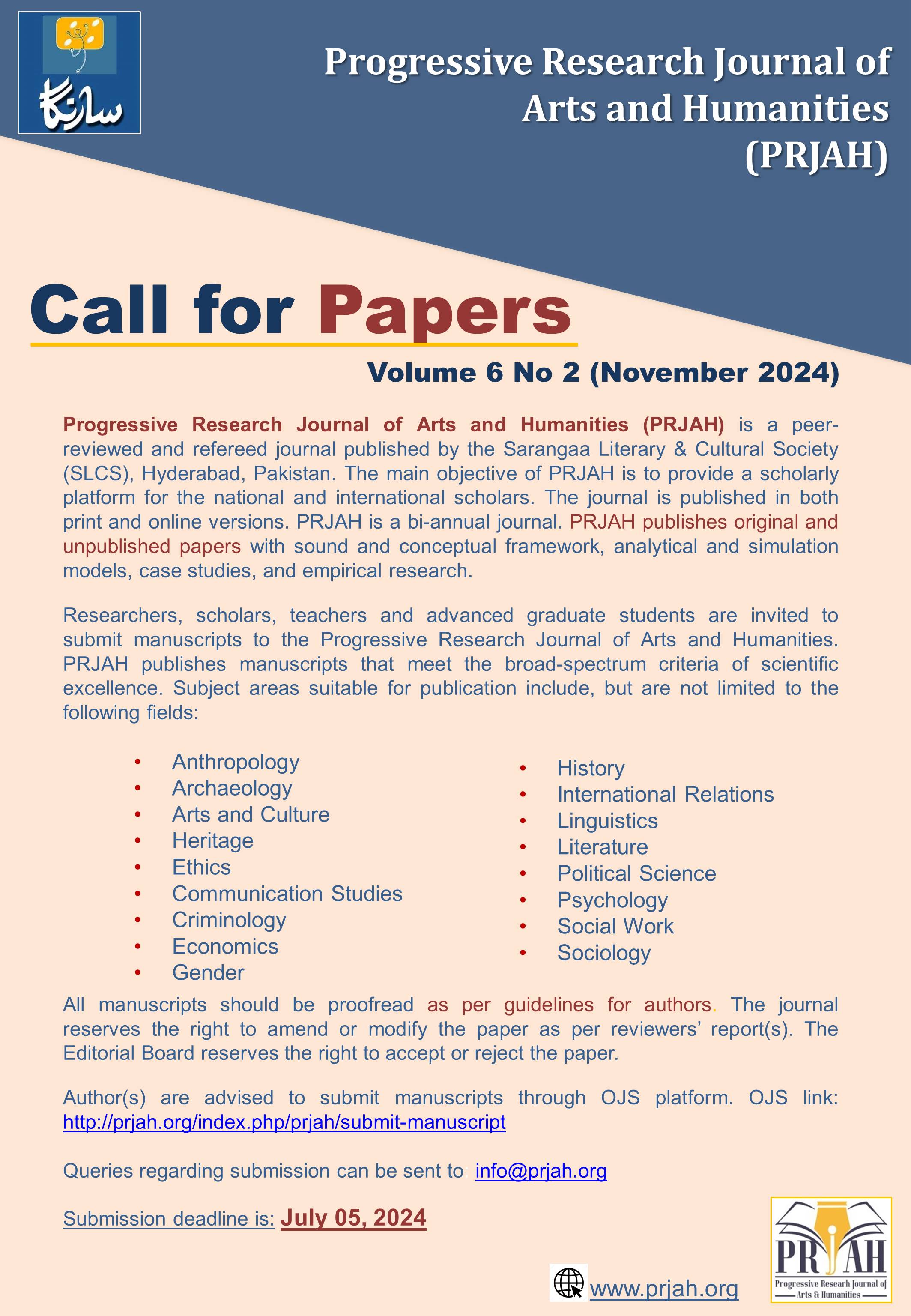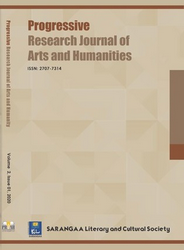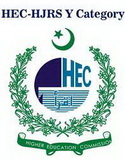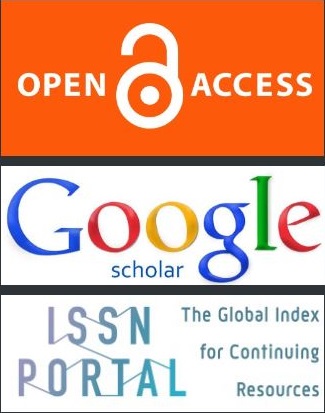Environmental Benefit of Eco-Industrial Development: Effective Approach of Europe to Climate Change and Mitigation
DOI:
https://doi.org/10.51872/prjah.vol4.Iss2.223Keywords:
Europe, Urbanization, Industrialization, Infrastructure, Climate ChangeAbstract
Recent rapid progress in industrialization and urbanization has made scientists to explore a green development so that environmental bodies should not be contaminated and living things should not face health threat. Even though industries not related to environmental concern should also develop a green way in their production. Eco-Industrial Parks are evaluated in several comparative studies, generally in advanced countries. An important message is that EIPs concurrently need advances in business relations, among several such as corporations, and resource flows. The profits for all are comprised enterprises, who take steps for reduction in the net waste production and/or resource consumption. The implementation of advanced technologies is required towards resource conservation. Another important matter is the manufacturing of new products and the urbanized zoned should be provided the environmental services. Concerning these all things, this paper deals with benefits of eco-industrial parks and sustainable development in the future. This paper also deals with how eco-industrial parks are beneficial for Europe and developing countries. Findings from previously published literature demonstrated that eco-industrial parks play significant role for eco-environment friendly sustainable development.
Downloads
Published
How to Cite
Issue
Section
License
Copyright (c) 2023 Progressive Research Journal of Arts & Humanities (PRJAH)

This work is licensed under a Creative Commons Attribution 4.0 International License.






